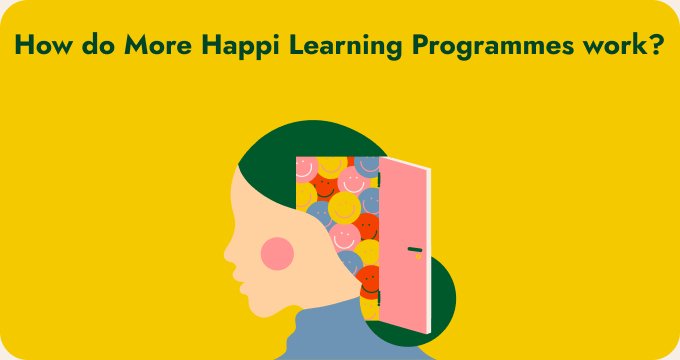As we navigate through life’s challenges and opportunities, the quest for personal and professional growth becomes ever more crucial. In this exploration, we’ll unravel the distinctions between coaching, mentoring, and therapy, empowering you to make informed decisions that cater to your unique needs.
They are all incredibly powerful, but they’ll give you very different results. We define the difference in this way.
Coaching: Your own bespoke approach to problem-solving.
Imagine having a personal problem-solving and accountability partner, dedicated to helping you unlock your full potential – that’s the essence of coaching. Unlike traditional advice-giving, coaching is a dynamic process that focuses on empowering individuals to identify goals, break them down, and achieve what they aspire to be, do, or have. Through thoughtful questioning and strategic tools, a coach enhances your self-awareness, guiding you to leverage your strengths and beliefs to improve your performance and attain your goals.
Questions to take to your Coach:
- How can I improve my time management skills?
- How can I feel more confident when making presentations?
- What strategies can I use to improve my communication with team members?
- How can I better handle stress and pressure in the workplace?
- How can I develop my leadership skills?
- How can I improve my problem-solving skills?
Mentoring: Tapping into subject matter expertise
Mentoring is like having a knowledgeable friend in your corner, sharing insights and advice within a specific field. If you’re navigating a new terrain, a mentor provides valuable guidance based on their experiences – what worked for them and what didn’t. While mentors offer direction, a coach empowers you to build confidence and create actionable plans. Mentoring is particularly beneficial when seeking subject-specific insights and practical solutions to professional challenges.
Seeking Mentorship. Questions you might ask a subject matter expert:
- How can I increase sales in the company?
- What systems should I use in order to make our marketing team run more efficiently?
- For tech, what is wrong with this code that I’ve just written?
- Who should I speak to gain access to X resource?
- The tactics I’m using no longer work, what ways did you solve this problem?
- What are the most effective marketing strategies and how can I implement them in my role?
Therapy: Nurturing emotional well-being
Sometimes, personal challenges and past trauma can impact not only our emotional well-being but also our professional life. Therapy steps in as a supportive avenue to address emotional hurdles and traumas from the past, hindering your progress. Whether dealing with stress, fears, negative thought patterns, or demotivation, therapy aims to help you cope and move forward in both personal and professional spheres.
Some questions you might take to a therapist:
- I feel unable to manage my stress and stress and anxiety in certain situations.
- I feel unable to move on from something that has happened.
- How can I overcome my deep fear of [x]?
- I have recurring negative / challenging thoughts, how can I manage these?
- I have repeating behaviour patterns that are making me unhappy, can you help?
- Everything feels wrong / I can’t motivate myself, what can I do?
It’s important to recognise that coaching, mentoring, and therapy are powerful tools tailored to different circumstances. Your journey toward personal and professional growth involves understanding your unique needs and choosing the right approach for your individual development.
In conclusion, your path to unleashing your full potential involves navigating the nuanced differences between coaching, mentoring, and therapy. Each serves as a unique catalyst for personal and professional growth, ensuring a holistic approach to your well-being and development.
It’s not always about choosing one over the other; it’s about recognising when each tool is most beneficial to you, your goals and your needs right now.
Can’t decide? Who says that you have to? Combining coaching, mentoring and therapy can be a powerhouse for holistic development. The choice is up to you.





